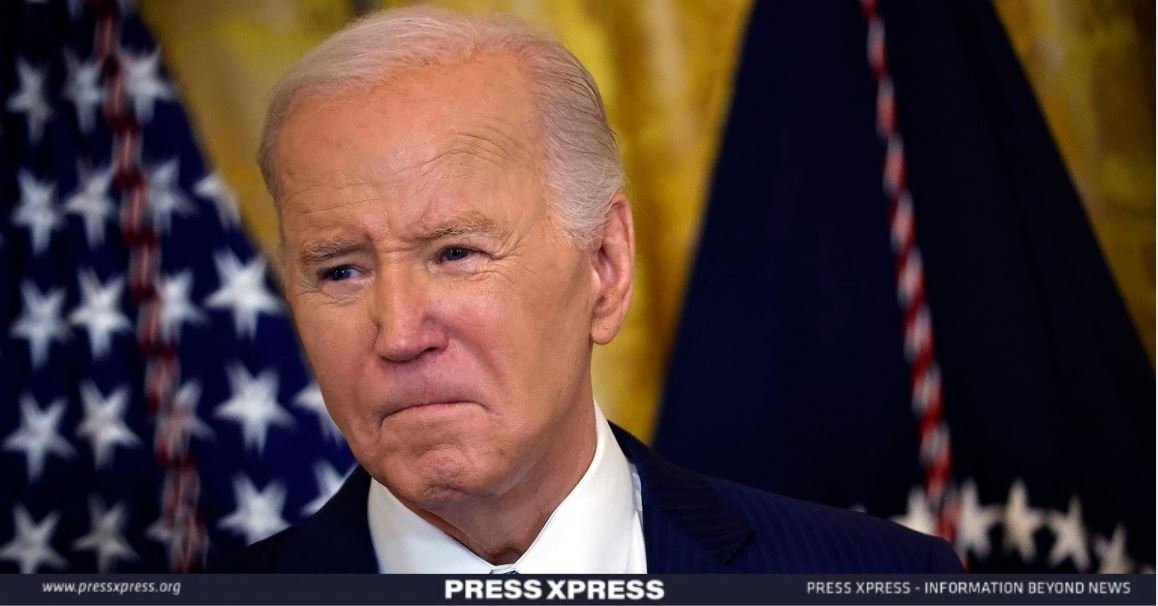US President Biden recently described Japan as xenophobic, sparking discussions and backlash given the strong US-Japan ties. Relations between the two nations are fundamentally strong, focusing on security, economic cooperation, and technological advancements.
However, Biden’s remark at a fundraiser highlights a critical view of Japan’s immigration policy, which may or may not have an effect on Japan’s bilateral relations with the United States. To what degree might Japan be ‘disappointed’ with the US, remains to be seen.
Biden’s Claims
President Joe Biden referred to Japan, along with India, China, and Russia, as “xenophobic” during a fundraising event. He attributed their economic challenges to restrictive immigration policies, contrasting these with the U.S., where he credited economic growth to a welcoming stance towards immigrants. His comments aimed to emphasize the strength derived from the U.S.’s diverse immigrant population.
You can also read: Why Bangladesh Matters for US Strategic Interests?
Biden’s remarks, especially labeling close allies like Japan as xenophobic, sparked controversy and required subsequent clarification from White House officials. They stressed that his comments aimed to highlight the broader theme of the U.S.’s identity as a nation built by immigrants while underscoring the ongoing importance and durability of the U.S.-Japan relationship.
The timing and nature of Biden’s statements are noteworthy, coming at a moment when he was simultaneously praising the strengths of the U.S.-Japan alliance on other fronts, such as defense and technology. This juxtaposition between critical comments and affirmations of strong bilateral ties illustrates the complexities in diplomatic rhetoric, particularly in the heated environment of a reelection campaign.
Biden’s Remarks: Age and Governance
President Joe Biden’s comments about Japan’s xenophobia have raised eyebrows not only for their diplomatic implications but also for what they may signify about his age and capacity to govern. Critics often point to Biden’s age as a factor that might influence his decision-making and public statements. Such remarks could be seen as callous or out of touch, sparking debates about whether these lapses are mere missteps or indicative of deeper issues related to his age.
Age and Public Perception
As the oldest president in U.S. history, Biden faces ongoing scrutiny of his cognitive abilities and physical stamina to handle the rigors of the presidency. Instances like the xenophobic comment are often seized upon by critics as evidence that Biden may not possess the tact or acuity expected of a global leader. This aspect of public perception challenges not just Biden but opens a broader discussion on the impact of age in high-stakes roles.
Governing Ability Under Scrutiny
The repeated questions about Biden’s ability to lead due to his age are amplified by such incidents. Whether these moments are seen as verbal gaffes or honest expressions, they feed into the narrative questioning his suitability for the presidency as he ages. This ongoing debate is likely to persist, impacting both domestic policy discussions and international perceptions of U.S. leadership stability.
Conclusion
President Biden’s remark labeling Japan as “xenophobic” alongside other nations has stirred considerable debate about his diplomatic tact and the implications for his leadership. This incident, while briefly unsettling, appears not to have fractured the fundamentally strong U.S.-Japan relations, as both nations continue to emphasize their commitment to a multifaceted alliance. However, such missteps by Biden raise concerns about the potential cumulative impact of similar gaffes in the future.
The ability of a leader to articulate thoughts clearly and sensitively is crucial, especially in international diplomacy where words can have profound implications. Repeated instances where the president’s comments require clarification from other members of his administration could undermine his credibility and the overall effectiveness of his leadership on the global stage. While the resilience of U.S.-Japan ties may withstand such incidents, the broader implications for how Biden’s leadership is perceived internationally is concerning.
It’s essential to consider the long-term consequences of continued diplomatic faux pas in an era where leadership demands not just national but global coherence and reliability. While the U.S.-Japan relationship might remain strong, the trust and reliability of U.S. leadership could suffer if such incidents persist, highlighting the need for careful communication and foresight in governance.
In conclusion, while Biden’s age might explain some of his more controversial remarks, it is essential to consider the broader implications of how age and perceived capacity affect governance. These discussions are important not only for evaluating Biden’s presidency but also for future considerations of age and leadership in politics.


